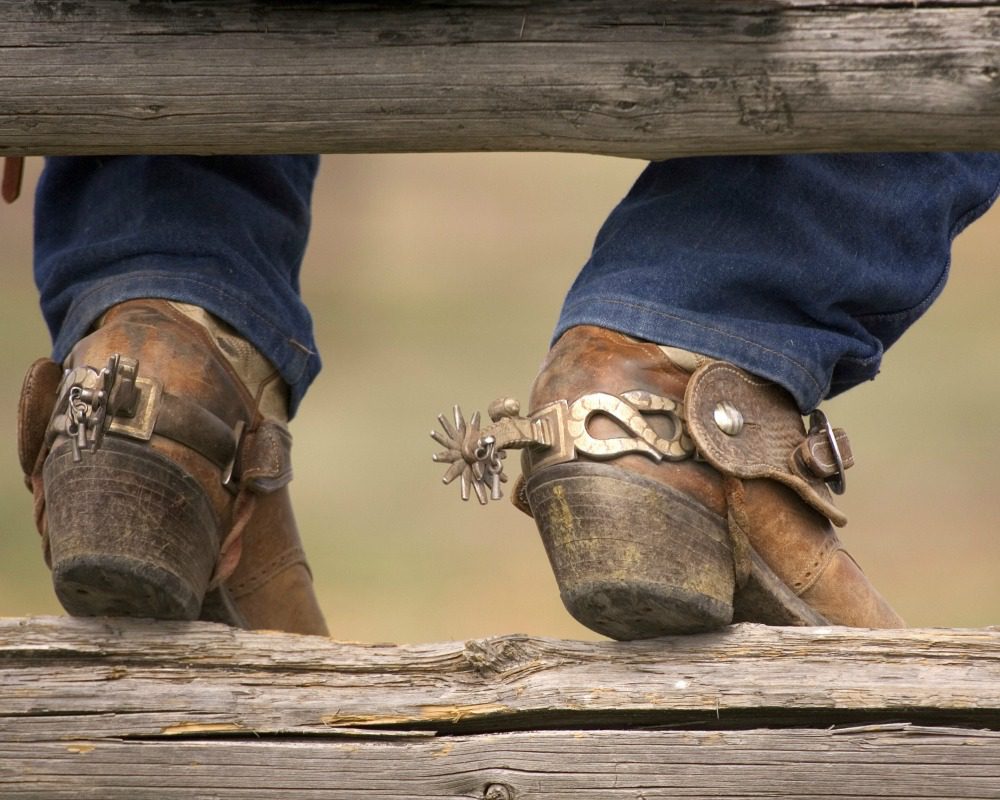There have been a lot of articles out there highlighting the need for and development of grit lately, including in Chief Learning Officer, and it would only be right for me to add a contrarian voice into the conversation to keep things interesting.
According to Science Daily, Marcus Credé, a psychologist from Iowa State University, said in an upcoming issue of the Journal of Personality and Social Psychology that results from a meta-analysis of past research on grit shows the significance of this trait has been incredibly overstated. Specifically, grit may not be a good predictor of success.
Among other things Credé and the team of researchers said that seminal research around grit is relatively new, and in his team’s analysis of nearly 90 independent studies representing thousands of people, grit – defined in 2007 as perseverance and passion for long-term goals – is not that much different from conscientiousness. At least not in how its measured, Credé said. “If you look at the questions on the grit measure, they’re often almost identical to the questions that we ask when we measure conscientiousness.”
Grit is simply a repackaging of conscientiousness, a relabeling, he said, referencing some research following West Point cadets who finished basic training at the United States Military Academy. In one paper, for example, cadets with above-average levels of grit were 99 percent more likely complete training than their peers with average levels of grit. Credé said this conclusion was the result of a misinterpretation of the original data. According to his analysis, the increase in likelihood is far less meaningful at a measly 3 percent.
“People just read the work and said, ‘It’s this massive increase in people’s performance and how likely they are to succeed.’ But no one had ever looked at the numbers before,” Credé said.
Grit, conscientiousness, if you ask me, superficially speaking, one definitely sounds sexier than the other – making it easy to latch onto. Credé understands the craze – someone’s willing to dig their heels in during onerous times; they’ve got grit! – but he said it’s important to call out this preoccupation with grit as a success predictor and trait that educators are scrambling to develop in students. Success takes a range of factors not just one, which I would agree with, but ah, grit.
I don’t think it hurts to value passion and perseverance for long-term goals. It just can’t be the only thing, by any means. What do you think? Has grit been highlighted too much as a lone ranger in predicting success? Do you see it as a trait that exists independent of conscientiousness?
Bravetta Hassell is a Chief Learning Officer associate editor. Comment below, or email editor@clomedia.com.














